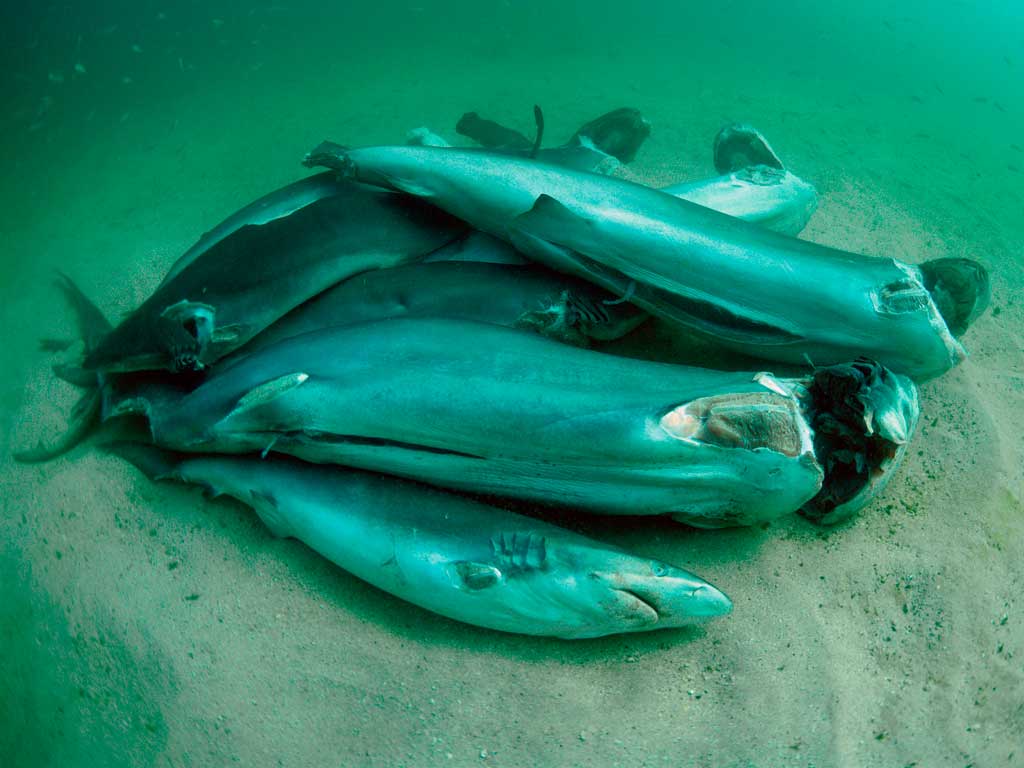A survey of the Nature Magazine carried out on reefs shows that sharks are functionally extinct because they are decreasing because of fishing. Our work to avoid this scenario, where an animal so important to maintain the balance of the marine ecosystem.

The study used a network of underwater cameras to find that sharks were ‘functionally extinct’ in 20% of the reefs observed. According to the Red List of the International Union for the Conservation of Nature and Natural Resources, this classification means that the reduced population does not have a significant role in the ecosystem or when the number of breeders is so small that it is unable to sustain itself.
Among the factors pointed out by the research as responsible for reducing the presence of sharks in reefs, in at least 58 countries observed, were predatory fishing and the use of unsustainable methods. Among the most affected places are Qatar, the Dominican Republic, Colombia, Sri Lanka and the American territory of Guam. A common feature in all of them is the proximity to human populations combined with very weak governance practices.
Sharks play an important role in the balance of the marine ecosystem and, as they are at the top of the food chain, they help to control and maintain the population of different species. Different from the myth created by the film industry, where sharks are seen as insatiable predators and monsters that inhabit the oceans.
Possible solutions
It is important to note that all is not lost. We defend public policies that can promote sustainable fisheries management with supervision during the closed seasons. Another very important point is the ban on hunting and trading sharks. Brazil is among the countries that most consume shark meat.

